It’s essential to understand that HIV can also be transmitted through other means, such as unprotected sexual intercourse, from mother to child during childbirth or breastfeeding, and through contact with infected blood or bodily fluids in various situations (like sharing needles, having unprotected sex, or receiving contaminated blood transfusions).
To reduce the risk of HIV transmission through syringes or needles:
- Do not share needles or syringes: Always use a new, sterile needle and syringe for injections or any medical procedures.
- Dispose of needles safely: After use, dispose of needles and syringes in a puncture-proof container designed for medical waste to prevent accidental needlestick injuries.
- Access harm reduction programs: If you are using injectable drugs, consider accessing harm reduction programs that provide clean needles and syringes. These programs aim to reduce the risk of HIV transmission among people who inject drugs.
- Get tested and know your partner’s status: If you are sexually active, consider getting tested for HIV regularly, and know the HIV status of your sexual partner(s). If either you or your partner is HIV-positive, consult a healthcare provider for guidance on safe sexual practices.
- Use barrier methods: Condoms and dental dams can provide protection against HIV transmission during sexual intercourse or oral sex.
- Pre-exposure prophylaxis (PrEP): If you are at a higher risk of HIV infection, talk to a healthcare provider about PrEP, a medication that can reduce the risk of HIV transmission when taken as prescribed.
It’s crucial to take precautions to prevent HIV transmission, and seeking information and support from healthcare providers or organizations specializing in HIV prevention and care is essential if you have concerns or questions about HIV and its transmission.





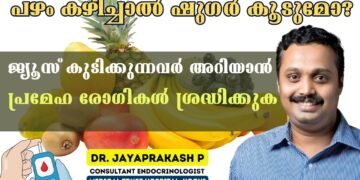













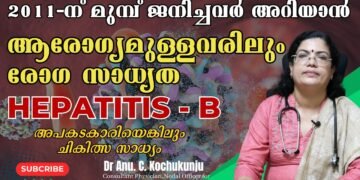
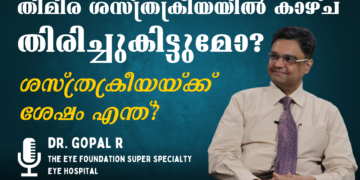
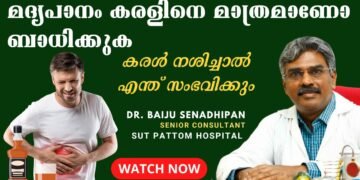
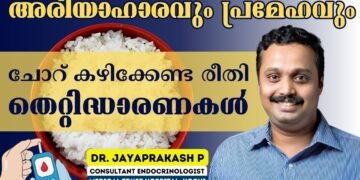
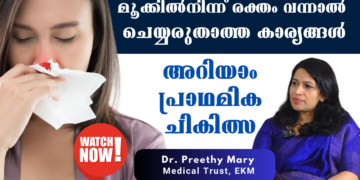

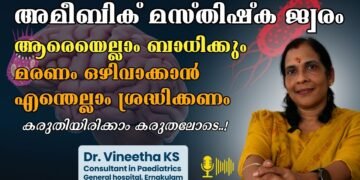





Discussion about this post